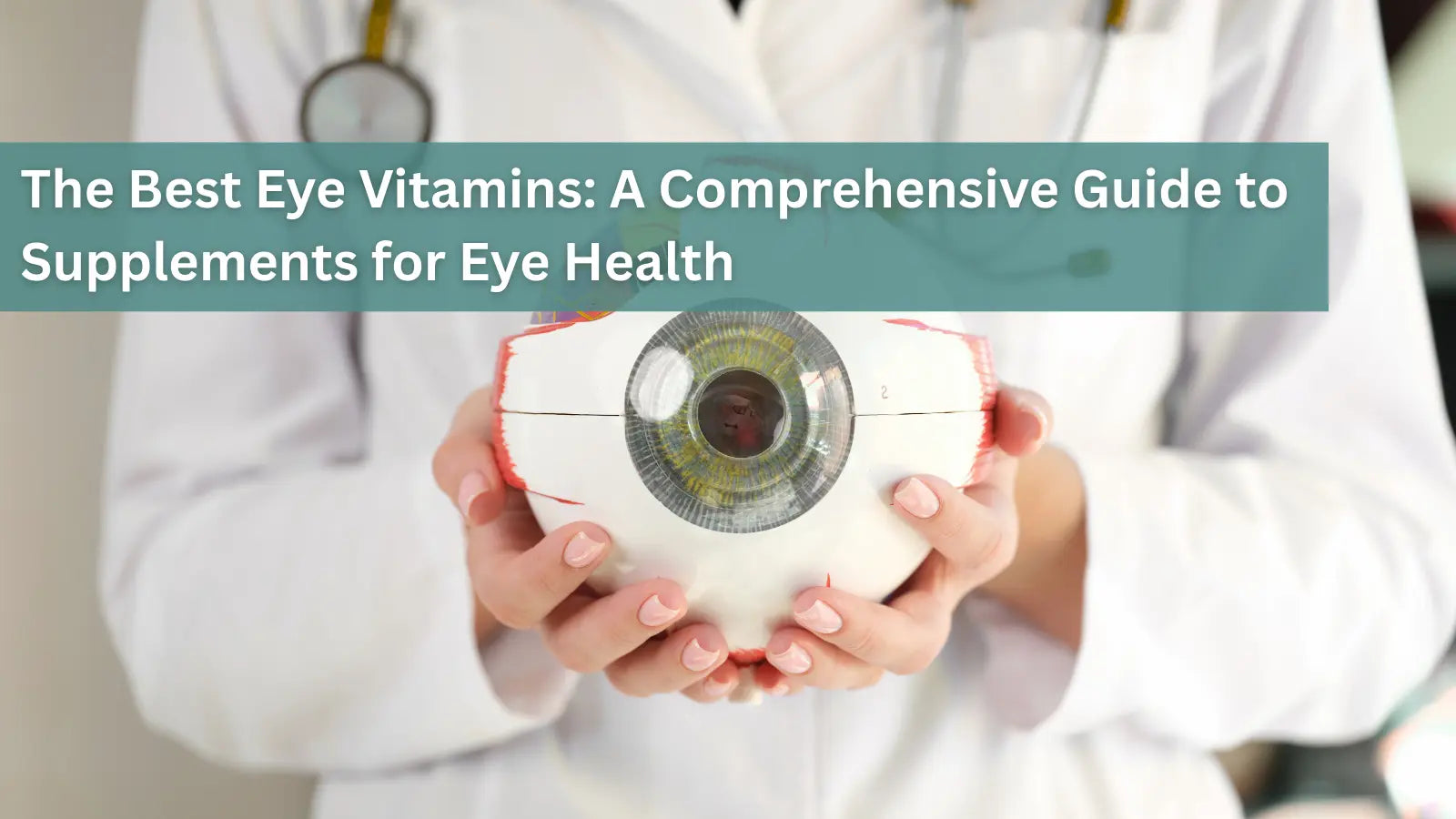What are HSA-Eligible Supplements and Vitamins?

Health Savings Accounts (HSAs) offer a convenient way to cover out-of-pocket medical expenses using pre-tax dollars. This not only helps you save money in the short term but also allows your contributions to grow tax-free. However, there’s some confusion around what HSAs can actually pay for, particularly regarding nutritional supplements and vitamins.
If you're wondering whether you can use your HSA funds for nutritional supplements, here's the truth: many products won’t qualify under IRS guidelines. Let's explore this topic in greater detail to clarify which options are HSA-eligible and which fall outside of these benefits.
What Supplements Are Excluded?
The IRS is clear on one key rule for HSA eligibility when it comes to supplements and vitamins—products designed merely to support general wellness aren’t covered. Popular multivitamins, for instance, that aim to enhance overall health do not meet the IRS criteria.
However, there is an exception. Supplements or vitamins recommended by a healthcare provider for managing or preventing specific medical conditions are qualified expenses under your HSA. Be sure to seek a professional opinion—ideally, in writing—to document your need for the supplement.
Navigating Common Supplement Categories for HSA Use

Here are a few examples to help illustrate what’s qualified versus not when using your HSA card:
- Multivitamins:
- General multivitamins for overall health are not HSA-approved.
- Prenatal vitamins, if specifically recommended by a healthcare provider, qualify.
- Probiotics:
- Any probiotic supplement for general gut health is not approved.
- Probiotics prescribed to address specific gastrointestinal concerns by a medical professional are eligible.
- Fitness Supplements (e.g., Protein Powder, Creatine):
- Popular fitness aids like protein powder or creatine for muscle growth cannot be classified as medical expenses.
- Creatine or similar products prescribed to combat muscle-wasting conditions, like sarcopenia, are permitted.
How to Ensure Your Supplement Qualifies
To avoid any issues with your HSA payments for supplements:
- Seek a written recommendation from a healthcare expert, such as a doctor, chiropractor, or even a health coach. The note should clearly state the product’s purpose and the specific condition it's intended to address.
- Although prescriptions aren’t mandatory, having documentation can help you justify your purchase if necessary.
Broader HSA-Eligible Products
Beyond supplements, HSAs can be used for a wide range of medical supplies and services. Some examples include:
- Dental and vision care, like glasses and LASIK
- Pre-deductible medical treatments
- Birth control and fertility support
- Approved over-the-counter medications
- Menstrual care items (as per the CARES Act)
These expenses meet the IRS definition of qualified medical spending, which involves treatment, diagnosis, prevention, or management of health conditions.
Do You Need a Prescription?
Technically, a prescription isn’t required for vitamins and supplements to qualify. However, a healthcare provider’s note outlining the necessity can serve as a valuable backup if questions arise regarding the purchase.
The Impact of the CARES Act on HSA Expenses
Starting in 2025, the CARES Act expands the scope of HSA-eligible expenses to include additional categories, such as menstrual hygiene products and many over-the-counter medications without requiring prescriptions. This adjustment broadens the usability of HSAs for day-to-day health needs.
HSAs as Essential Retirement Tools
Beyond addressing current medical needs, an HSA offers an excellent avenue for long-term savings and strategic financial planning. More than just a safety net for health-related costs, it’s a key element in modern retirement strategies for sustainable, tax-efficient growth.
Whether you're curious about getting the most from your HSA or considering opening one, understanding the finer details will empower better decision-making about both your health and financial future
1 comment

August 28, 2025
The Power of Sleep: Science, Tips, and the Perfect Bedtime Routine for Insomnia
Why We Need Sleep Sleep is one of the most underrated factors for regeneration and recovery, yet it affectsnearly every aspect of our health. Did you know that even a single night of poor sleepcan impair brain function almost like being ...
Read more
August 28, 2025
Fad Diets: Are They Safe for the Body?
When it comes to fad diets, the best answer I can give is: it depends. Take the keto diet for example. I first tried it back in 2013—before it was even popular—and I stuck with it for two years. At first, I loved it. I didn’t have much...
Read more
August 28, 2025
The Best Eye Vitamins: A Comprehensive Guide to Supplements for Eye Health
Scientific research has increasingly highlighted the role of specific nutrients in preserving vision and preventing eye diseases. This article delves into the most effective eye supplements...
Read more




In 2020, I used my HSA to buy nutraceuticals such as berberine and turmeric (without a prescription), but then in 2021 the rule was changed that virtually no nutraceuticals can be purchased with HSA and only toxic OTC drugs can be purchased.
Leave a comment